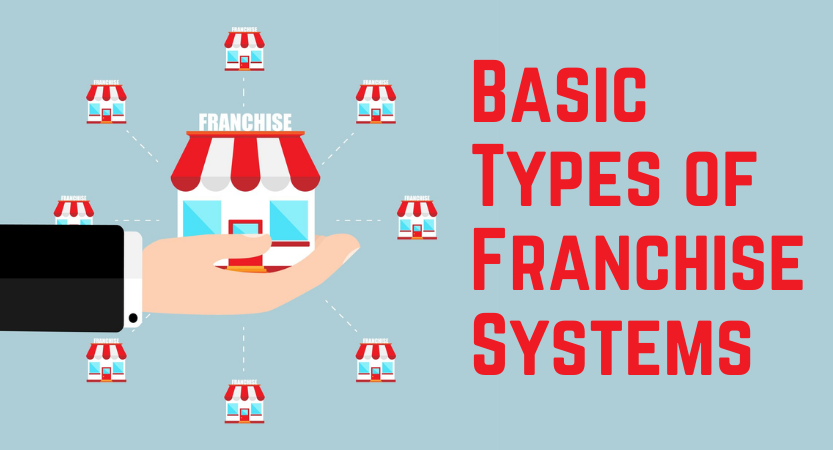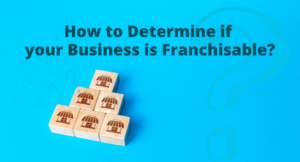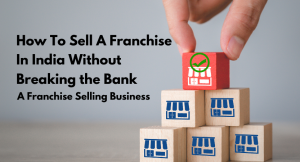Millions of people throughout the world aspire to run their own business and be their own boss, but figuring out where to begin can be challenging. There is one option among the many available to you that provides more stability and support than the others. Purchasing a franchise is one option.
A “franchise” appears to be a term that most of us are familiar with. But what exactly is a franchise, and what are the advantages of having one?
The franchising business model allows you to purchase the right to use a certain trade name while also benefiting from the skills and experience of a well-established firm. This means you won’t have to worry about creating a recognisable and reputable brand, constructing a well-trained support team, or hiring trustworthy consultants to help you operate your business smoothly. Everything has already been made available to you.
There are a variety of franchise kinds to choose from, but before diving headfirst into the sea of franchising opportunities, read the remainder of this article to pick the one that will fuel your goals and aspirations.
Types of franchise business models
Many criteria, such as the overall size of the franchise or the terms of using the brand name, distinguish each type of franchise model accessible. The different franchising opportunities will be separated for the purposes of this article depending on how franchisors allow you to utilise their name and trademarks.
The following are the three basic categories of franchise opportunities:
- Franchises with a business model
- Single-operator franchises or product franchises
- Franchises in the manufacturing industry
Franchises with a business model
The business format franchise is the most prevalent type of franchise. This sort of franchising allows individuals to purchase a firm with an established brand name, allowing the franchiser to expand their business. New business owners are frequently helped during the early phases of their business and will continue to receive support as they grow. The new business owner is required to pay a royalty fee to the franchiser on a regular basis in exchange for the supplied support, access to skilled personnel, and the ability to use the business name and trademarks.
The fastest-food sector is the best example of this franchising concept. You will own a McDonald’s franchise if you purchase one, and the parent corporation (McDonald’s) will collect royalty money from you on a regular basis. The parent firm will offer you with continuous support, as well as the permission to utilise their brand name and any necessary staff training materials. You must, however, purchase all necessary materials, such as stock and uniforms, from them directly.
Single-operator franchises or product franchises
Individuals that sell items or provide services in a certain trade or industry field are the focus of this franchise model. The franchiser will provide you permission to use their brand name and trademarks, as well as give you with the necessary clothing and equipment to appropriately represent the brand. They will also provide you with continuous assistance. Product franchises are a fantastic choice for first-time entrepreneurs, independent contractors, and home companies because the initial investment is typically lower than that of business model franchises.
An independent contractor investing in a franchise with a well-known name and reputation in their line of work is an excellent illustration of this. If a self-employed plumber invests in a plumbing franchise, for example, they will have access to a larger customer base, more advertising opportunities, and the backing of a team of specialists who will assist them with bookings, payments, and complaints.
Franchises in the manufacturing industry
The franchisor authorises a franchisee to make things under their brand name and trademark in manufacturing franchises. While food and beverage franchises are the most common, they can also be found in other sectors of the manufacturing business, from children’s toys to automobiles.
A soft drink corporation is the best example of this. The parent business will make the concentrated syrup and then sell it to a bottling company, along with the right to utilise its brand name and trademarks. After that, the corporation will mix the syrup with water and bottle the finished product before selling it to different suppliers.
So there you have it: an overview of the three primary sorts of franchises. Buying an established franchise is an excellent place to start if you want to start your own business or become self-employed. The only risk you have to incur is the initial investment because an experienced franchisor will handle customer service and provide everything you need to get started.




